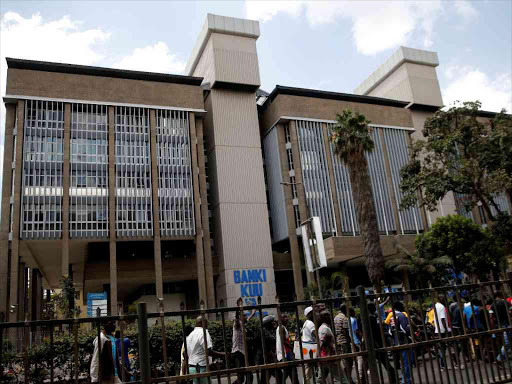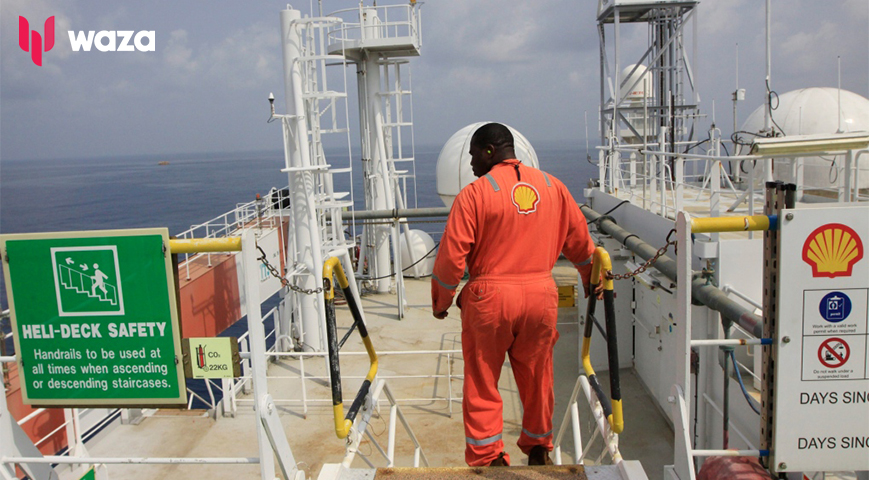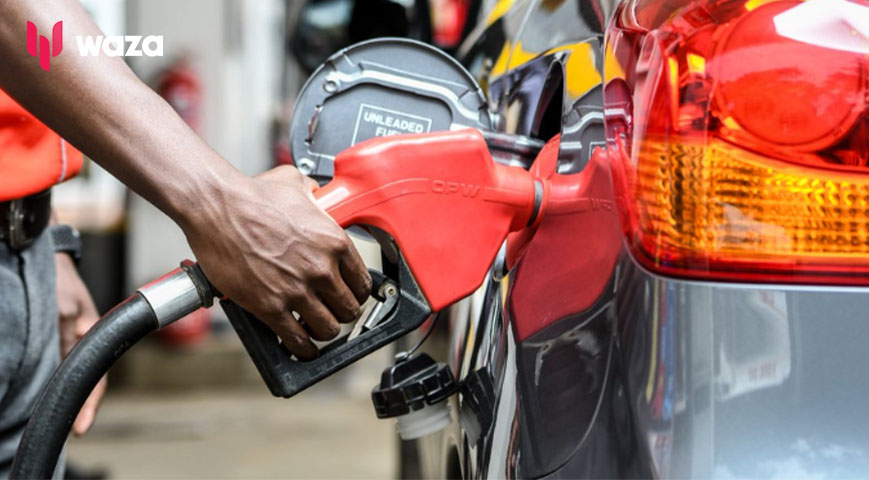To slow the rise in living expenses, Kenya increased its introductory lending rate by 50 basis points.

The country's average credit cost, which is now 14%, is projected to rise due to the hike.
The Central Bank's Monetary Policy Committee increased the Central Bank Rate (CBR) on Wednesday from 8.25 per cent to 8.75 per cent, the third increase this year.
The Committee highlighted the ongoing inflationary pressures, the deeper global concerns, and their possible effects on the local economy. It concluded that there was room for further tightening the monetary policy to stabilize inflation expectations, according to CBK.
The MPC maintained the anchor rate from April 2020 but increased it by 50 basis points to 7.50 in May to provide an accommodating approach to the economy that the Covid-19 pandemic had negatively impacted.
After the nation's inflation rate exceeded the predetermined maximum of 7.5 per cent in September, the regulator increased the rate to 8.25 per cent.
When necessary, apex banks worldwide utilize interest rates as either a brake or a gas pedal for the economy.
They determine the commercial banks' short-term borrowing rate, which is then passed on to end users and companies by the banks.
When inflation is out of hand, they can employ higher interest rates to slam the brakes on the economy and slow it down the economy.
Inflation in the nation increased from 9.2% the month before to 9.6% last month, a seven-year high.
The high price of food and petroleum products on the world market was said to cause this. Due to the local currency's devaluation and the US dollar's strengthening, traders pass along the high import bill.











